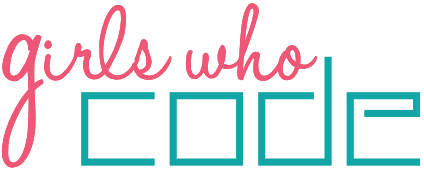Learning New Skills Can Change Your Life… A Lot
Part I: Bridging Gender & Race Gaps
Whether in a classroom or online, broadening your skill set can transform your future. In addition to setting you apart as a creative professional, mastering a new skill or two can help pave your path to success by improving your employability in an increasingly competitive job market. This principle is what drives our work at the Gymnasium; it’s our raison d’être — our reason for existing. We’ve heard from many students who have used their newly-developed skills to pursue their passions and change their career paths in significant ways. Beyond empowering individuals, however, skill-based education has an even greater power: the potential to bridge institutional gaps that put vulnerable groups at a disadvantage. This post is the first in a series of three that will address this issue, beginning with the topics of gender and race.
For women, learning new skills can open doors that were previously barred shut. Research shows that while female and male students perform equally well in science and mathematics on standardized tests, males outscore their female peers when the grader is aware of the student’s gender. While this stereotype-fueled bias can be unconscious, it is indiscriminately insidious in its effects. Sexism lowers girls’ overall self-esteem in their ability to succeed in science and math and hinders their aspirations of careers in these fields, and women continue to remain underrepresented in STEM (Science, Technology, Engineering, and Math) programs in higher education and in the STEM workforce. According to the National Center for Education Statistics, women earned just 9,974 of the 55,367 computer science bachelor’s degrees completed in the 2013–4 academic year, and in 2014, women held under a quarter of jobs in the fields of computer science and math.
In addition to gender, there are also substantial race and class gaps. Disparities begin as early as kindergarten, with students who are white, Asian, Pacific Islander, or from higher-income families tending to score significantly higher in science and math than their peers who are black, Hispanic, Native American, or from lower-income households. The racial disparity is reflected in the makeup of the STEM workforce, which has remained 70% white for nearly the past two decades.

Enter Girls Who Code, a nationwide nonprofit group that works to fix this problem by providing disadvantaged girls of all races and nationalities with the opportunity to escape gender bias and immerse themselves in the world of computer science alongside their female peers. One chapter of the group, the Brookview House Girls Who Code Club in Roxbury, Massachusetts, operates specifically for homeless middle and high school students with the aim of equipping them with the skills that can move them and their families out of poverty. The girls follow a standardized curriculum that outlines topics like HTML, CSS, and website design, teaches them how to create apps and video games, and requires them to complete a Computer Science Impact Project that gives back to their community. For the girls at the Brookview House, who don’t have access to computers at home or working Wi-Fi at school, the Girls Who Code Club is a safe haven to master skills that were previously considered to be off-limits.
In addition to building confidence, the program is designed to ensure that each student pursues their passions and ends up in college. Of the 4,000 students that they have trained since the group’s inception in 2012, 3,600 are now studying computer science despite originally wanting to go into another field. The remaining girls plan to work in engineering, law, medicine, and other areas in which they can apply their newfound technical talents.
Stay tuned for our second installment in this series, which will build on the importance of learning new skills by highlighting the role that skills-based education plays in helping former felons to find employment.
Thanks to Milo Goodman for his contribution to this story.
Learning New Skills Can Change Your Life… A Lot was originally published in Gymnasium on Medium, where people are continuing the conversation by highlighting and responding to this story.